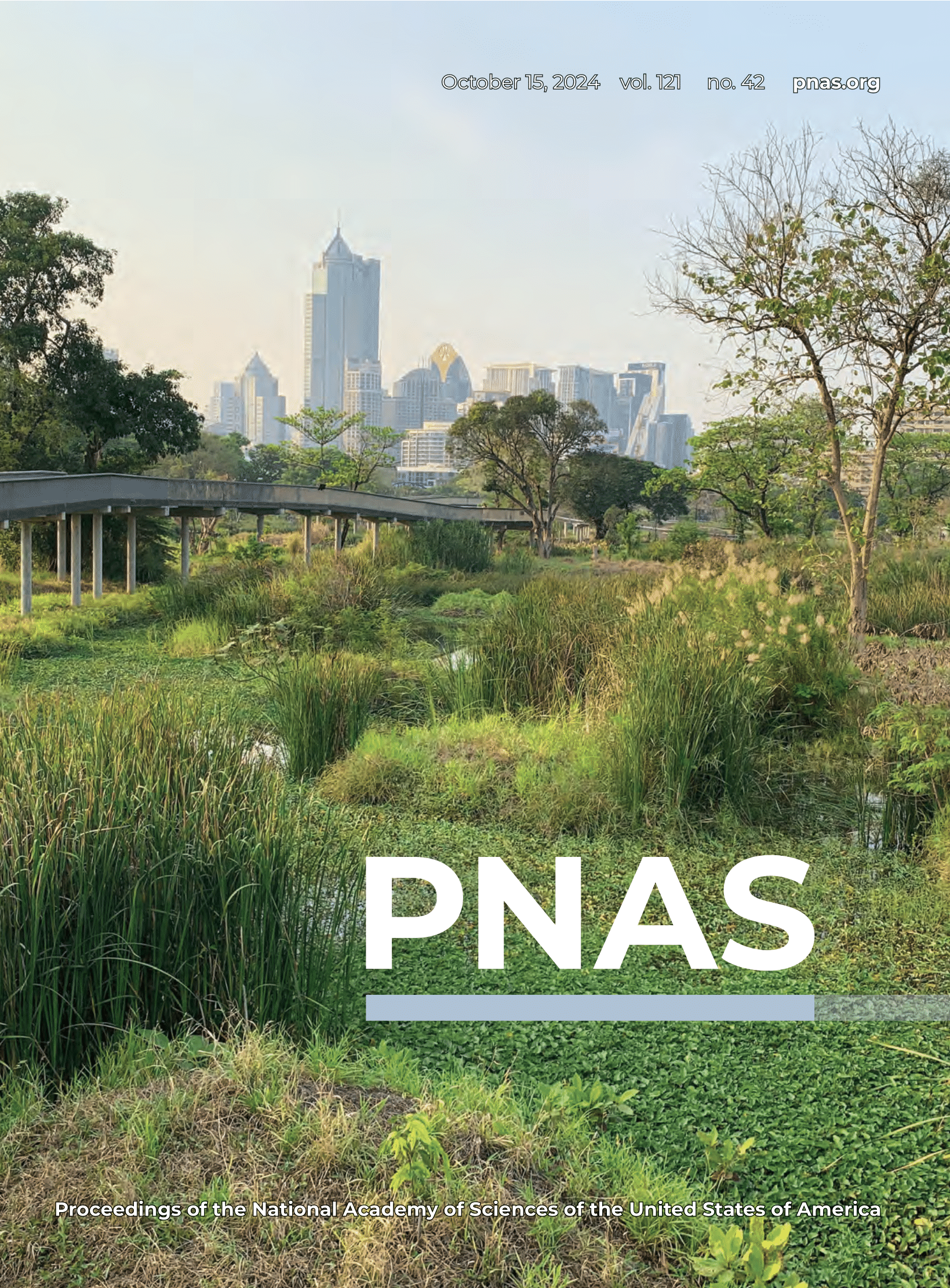PNAS Publishes New Special Feature: “Nature-Based Solutions for Urban Sustainability”
A Global Collaboration Highlights Opportunities and Challenges of NBS for Cities Facing the Climate Crisis
New York, NY / Tempe, AZ – July 14, 2025 — The Proceedings of the National Academy of Sciences (PNAS) has released a Special Feature titled “Nature-Based Solutions for Urban Sustainability”, co-edited by Dr. Timon McPhearson of New York University and Dr. Nancy B. Grimm of Arizona State University, a member of the U.S. National Academy of Sciences. This collection of five cutting-edge papers explores how nature-based solutions (NBS) can help cities respond to the climate crisis while advancing equity, public health, and long-term resilience.
This Special Feature builds on the work of NATURA—Nature-based Solutions for Urban Resilience in the Anthropocene—a global “network of networks” supported by the U.S. National Science Foundation. NATURA brings together over 45 partner networks from seven world regions to connect scientists, city officials, community leaders, and design professionals working on urban NbS. Many of the authors featured in this issue are early-career scholars and practitioners engaged in the NATURA community, representing a diverse array of geographic and disciplinary perspectives. Learn more at https://natura-net.org/
The Special Feature begins with an introduction led by Elizabeth Cook et al., who also provide a global horizon scan highlighting research and policy priorities, especially around governance, monitoring, and equity among the world’s regions represented in NATURA. It includes a global synthesis led by Timon McPhearson et al., which consolidates insights from over 60 NbS review articles and regional expert assessments across seven global regions. The article identifies eight key challenges in scaling urban nature-based solutions, including mismatches between project design and local context, persistent exclusion and inequity in implementation, and fragmented governance structures. The authors propose three critical pathways forward: establishing global networks for knowledge-sharing, adopting systems-based approaches to financing, and creating regionally adapted strategies that bridge research and practice.
Other contributions include Melissa Nelson and Graeme Reed’s perspective piece, which brings forward an Indigenous framing for nature-based solutions, calling for a shift away from dominant Western paradigms and toward relational, place-based models rooted in ecological stewardship. Further, Loan Diep and McPhearson, informed by the IPCC’s Sixth Assessment, emphasize the climate adaptation potential of NbS, sharing international case studies and clear recommendations for local governments. Finally, Niki Frantzeskaki et al. advocate for interdisciplinary and justice-centered approaches to NBS.
As extreme heat, flooding, and other climate-related shocks intensify, cities are increasingly turning to nature-based solutions—such as urban forests, green roofs, wetlands, and bioswales—as integrated approaches to resilience. Yet, the effectiveness of these interventions depends on how they are designed, governed, and adapted to local social-ecological-technological contexts. The feature thus emphasizes that while NBS are often praised for their multifunctionality and cost-effectiveness, they can also reinforce inequities if not carefully planned and evaluated. In response, the authors provide tools, frameworks, and forward-looking insights to help cities avoid these risks and maximize climate, health, and justice outcomes.
Read the Special Feature
Nature-Based Solutions for Urban Sustainability is now available online at:
About the Urban Systems Lab
The Urban Systems Lab is an interdisciplinary research, design and practice space at New York University that provides knowledge and analysis for developing more equitable, resilient, and sustainable cities. For press inquires please contact us here, and follow us on social media @USL_NYC
